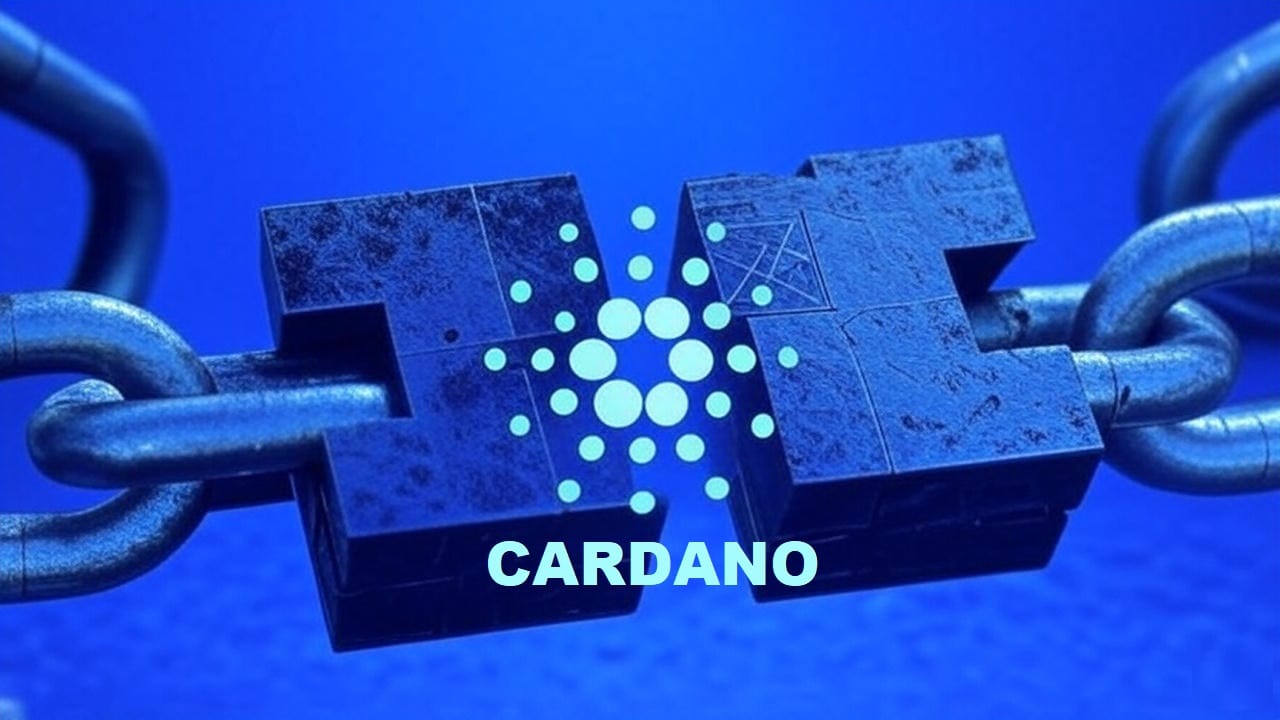Cardano Recovers from Chain Split Due to Software Vulnerability

The Cardano blockchain has stabilized after a brief disruption that divided its ledger into two versions. This rare event unfolded on November 21, 2025, when a specially crafted delegation transaction exposed a long-standing software vulnerability. Network operators and developers acted swiftly to restore the blockchain, ensuring that the core functions resumed without permanent damage.
Intersect, the organization dedicated to Cardano's ongoing development and governance, released a detailed incident report outlining the sequence of events. The problematic transaction originated on the Preview testnet the previous day, where it revealed a bug in a cryptographic library from 2022. By the next morning, the same flawed input reached the mainnet around 8:00 UTC, causing newer node versions to accept it while older ones rejected it. This mismatch created parallel chains, one with the invalid entry and another maintaining the original state, thereby splitting the blockchains.
Block production slowed as the split took hold, affecting user interfaces and services across the ecosystem. Staking pool operators faced delays in rewards, and DeFi applications encountered inconsistencies in transaction confirmations. Cardano's native token, ADA, saw a price decline of more than 6% in the immediate aftermath, reflecting broader market jitters amid ongoing volatility.
Stay In The Loop and Never Miss Important Crypto News
Sign up and be the first to know when we publishSwift Resolution and Dev Coordination
Engineers from Input Output Global and supporting entities deployed a hotfix overnight, urging operators to update to node version 10.5.3. This upgrade allowed the healthy chain to prevail, orphaning the affected blocks and converging the network by late Friday. A working group formed quickly to reconcile any discrepancies, with exchanges and service providers aligning their systems to minimize fallout.
No user funds were compromised during the chain split, a point emphasized in Intersect's analysis. The design of Cardano's protocol, which relies on diverse node operators, played a key role in the resolution process. Over 60% of nodes initially grappled with the issue, but the structure ensured continuous block minting on the valid chain. This response underscored the network's robustness, even under strain from this exploit.
The wallet linked to the transaction traces back to a participant in Cardano's early Incentivized Testnet program. An X user known as "Homer J" publicly confessed to submitting the input, describing it as an ill-advised personal experiment to test the bug's replication. In a post garnering widespread attention, the individual expressed regret for the unintended consequences, noting reliance on AI-generated instructions without harmful motives. Community members debated the sincerity of the apology, with some viewing it as a lapse in judgment and others questioning deeper intent.
Charles Hoskinson, Cardano's founder, addressed the episode in a series of X posts that blended reassurance with pointed commentary. He portrayed the network as a resilient family navigating a tough year, stating that it endured without halting operations. Hoskinson highlighted the rapid timeline, from detection to resolution within hours, as evidence of effective collaboration among stake pool operators, the Cardano Foundation, Emurgo, and Intersect. Yet he also framed the act as a targeted effort by a disgruntled stake pool operator, allegedly active in online forums critical of the project, aimed at his personal pool.
Forensic traces suggest months of preparation in certain Discord communities, raising concerns about insider knowledge weaponized against the ecosystem. Hoskinson noted potential risks like double-spending attempts, though none materialized, and stressed the broader ripple effects on user trust and brand perception. Hoskinson involving the FBI, confirmed early in the response, signals a formal probe by Hoskinson into whether the incident crossed into cyberattack territory.

